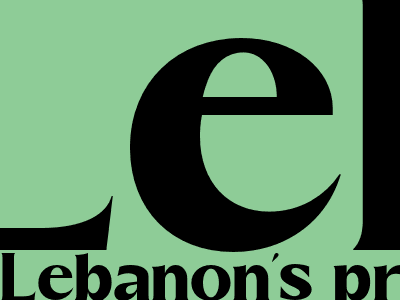
Lebanon’s Prime Minister Calls on Iran for Cease-Fire Support
Immediate Intervention Requested as Hezbollah-Israel Conflict Escalates
In a desperate plea for international assistance, Lebanese Prime Minister Najib Mikati has reached out to his Iranian counterpart, Ebrahim Raisi, seeking urgent intervention to facilitate a cease-fire between Israel and Hezbollah. The ongoing conflict has escalated rapidly, leading to widespread devastation and an urgent need for diplomatic intervention.
Diplomatic Efforts Amidst Escalating Violence
Mikati's request for Iranian support highlights the severity of the situation and the need for immediate action. Hezbollah, a Lebanese militant group backed by Iran, has engaged in intense clashes with Israeli forces, resulting in numerous casualties and extensive damage to civilian infrastructure. The conflict has plunged the region into further instability, raising concerns about its potential to escalate into a wider regional war.
International Pressure Mounts for De-escalation
The international community has expressed growing concern over the escalating violence and has called for an immediate cease-fire. The United States, the United Nations, and the European Union have all urged both sides to exercise restraint and engage in diplomatic efforts to resolve the crisis peacefully. However, despite these international appeals, the fighting has continued unabated, highlighting the urgent need for a diplomatic breakthrough.
Hezbollah's Role in the Conflict
Hezbollah, designated as a terrorist organization by several countries, has played a significant role in the conflict. The group's powerful arsenal and extensive military capabilities have enabled it to engage in sustained clashes with the Israeli military. Hezbollah's involvement has raised concerns about the potential for further escalation and the risk of a wider conflict.
Iran's Influence on Hezbollah
Iran's support for Hezbollah has been a key factor in the group's military capabilities and political influence. Iran has provided Hezbollah with financial, military, and logistical support, contributing to its ability to engage in prolonged conflicts. Mikati's request for Iranian assistance in securing a cease-fire underscores the importance of Iran's role in the region and its potential to influence the outcome of the conflict.
Diplomatic Challenges and the Path to De-escalation
The path to de-escalation and a lasting cease-fire faces significant diplomatic challenges. Both Israel and Hezbollah have stated their conditions for a truce, which include the cessation of rocket fire and the release of prisoners, respectively. Mediators will need to navigate these demands and find common ground to facilitate a mutually acceptable solution.
Humanitarian Crisis and Urgent Need for Aid
The escalating violence has had a devastating humanitarian impact on the region. Civilian casualties have mounted, and vital infrastructure, including hospitals and schools, have been damaged or destroyed. The conflict has also displaced thousands of people, creating an urgent need for humanitarian assistance and shelter.
Conclusion
As the Israel-Hezbollah conflict continues to escalate, the international community has a critical role to play in促成an immediate cease-fire and finding a diplomatic solution. 黎巴嫩总理纳吉布·米卡提请求伊朗援助的举动突出表明,需要紧急采取国际行动,避免事态进一步升级并造成更大范围的冲突。各方必须致力于对话与合作,以结束暴力、缓解人道主义危机,并为该地区带来持久和平。